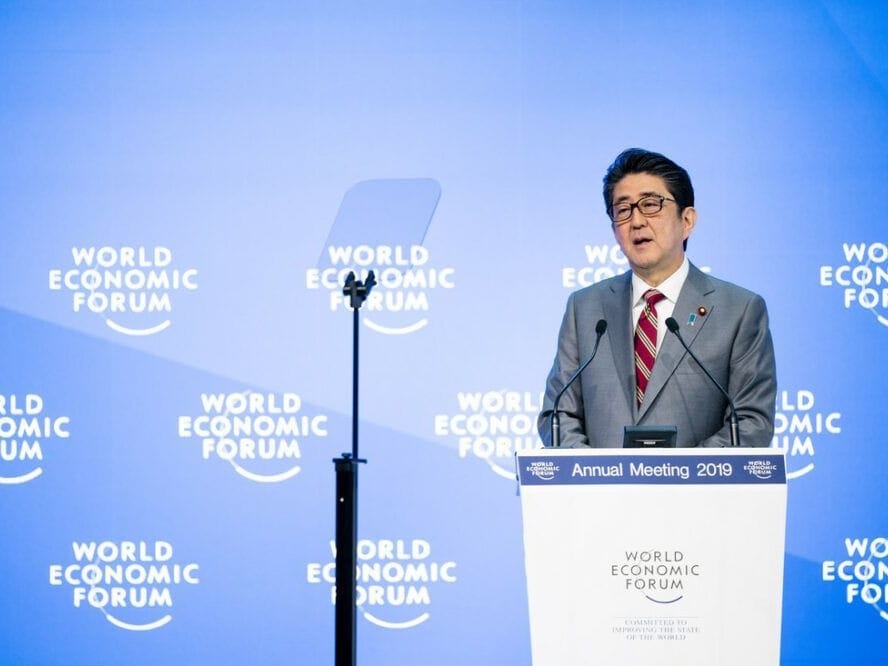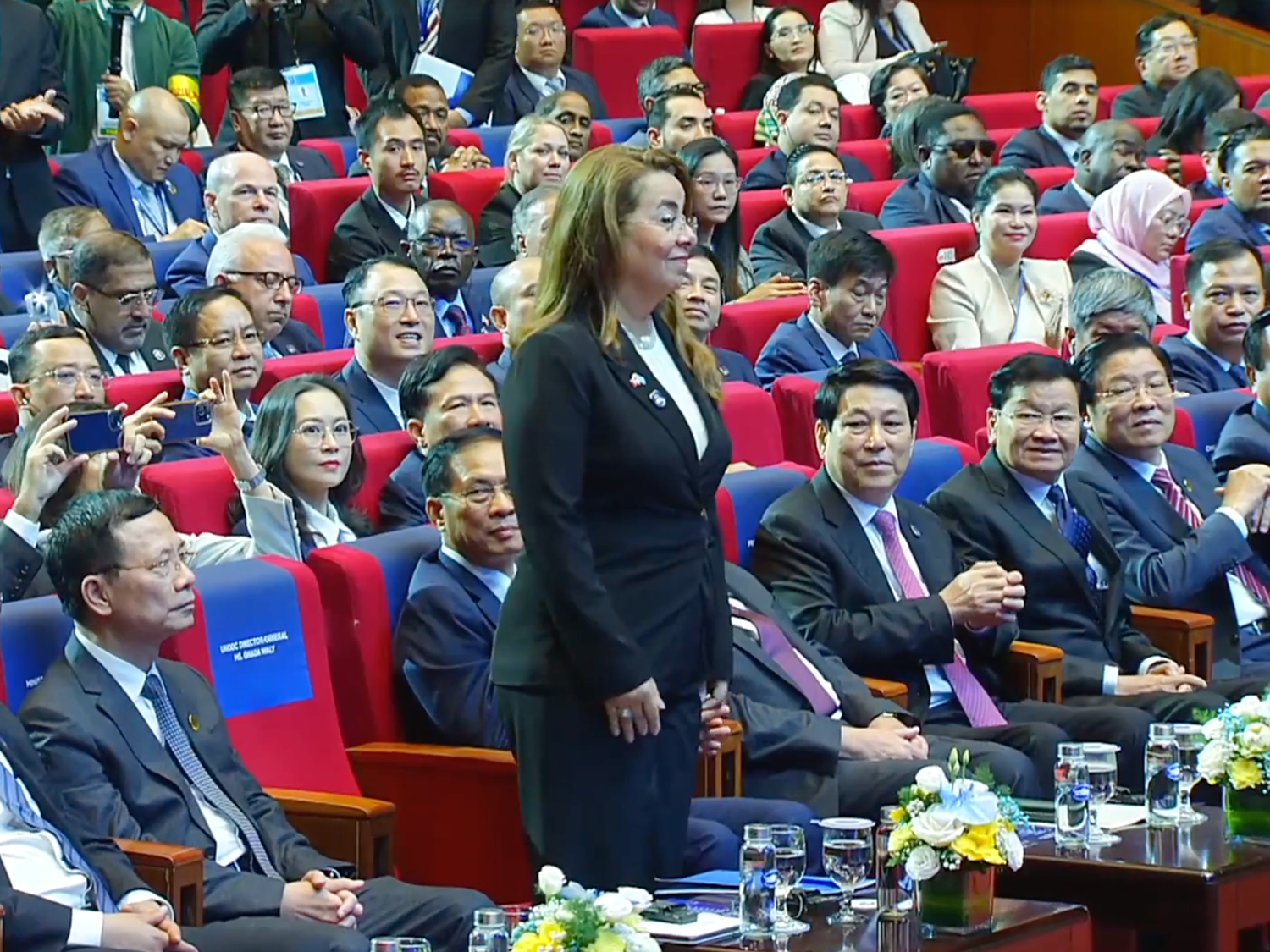DAVOS, Switzerland (AN) — The technology sector came under pressure for more regulation with Japanese Prime Minister Shinzo Abe's promise to lead creation of a new system for data oversight.
Abe's speech to the World Economic Forum's annual summit in the Swiss resort town of Davos reflected the heightened scrutiny that tech giants are facing.









